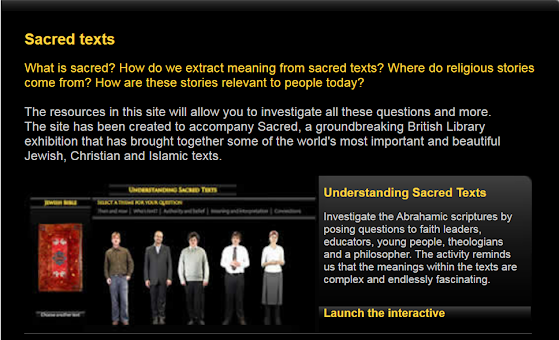About this Blog
Being the Ramblings of a Religious Rebel This Blog is a collection of "stray thoughts" about religion and spirituality. Special focus on common themes across religions along with issues related to interfaith relations and dialogue. Please feel free to comment and continue the dialogue amongst yourselves. The author may also respond. Author is a life long student of the world's religions, holding a Master of Arts degree in Religious Studies and being a professor of religion at Northern Virginia Community College. Professional website: https://faculty.nvcc.edu/nvlshulman/
